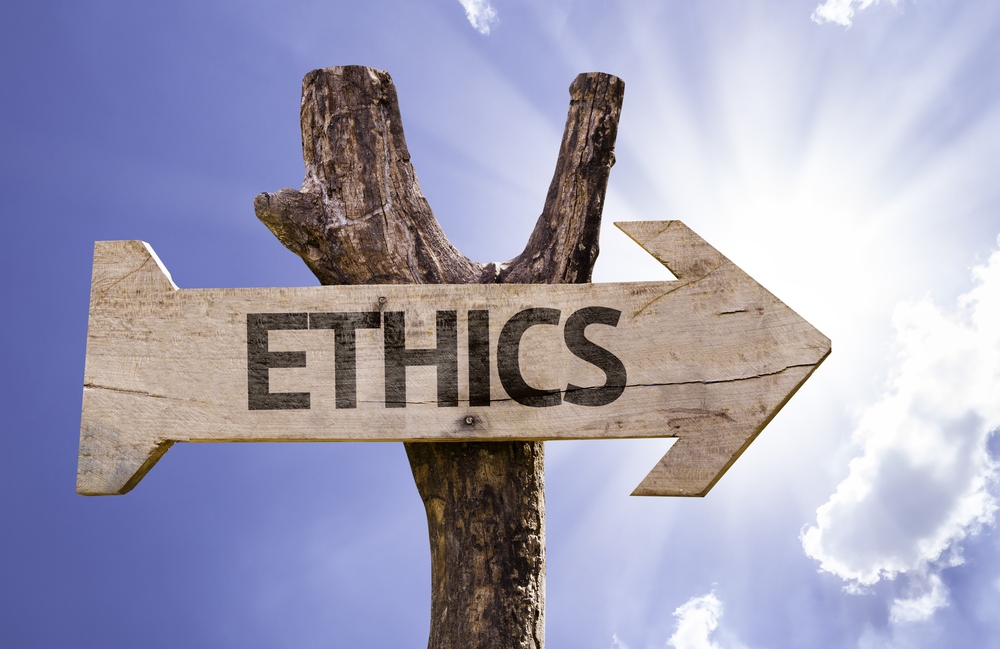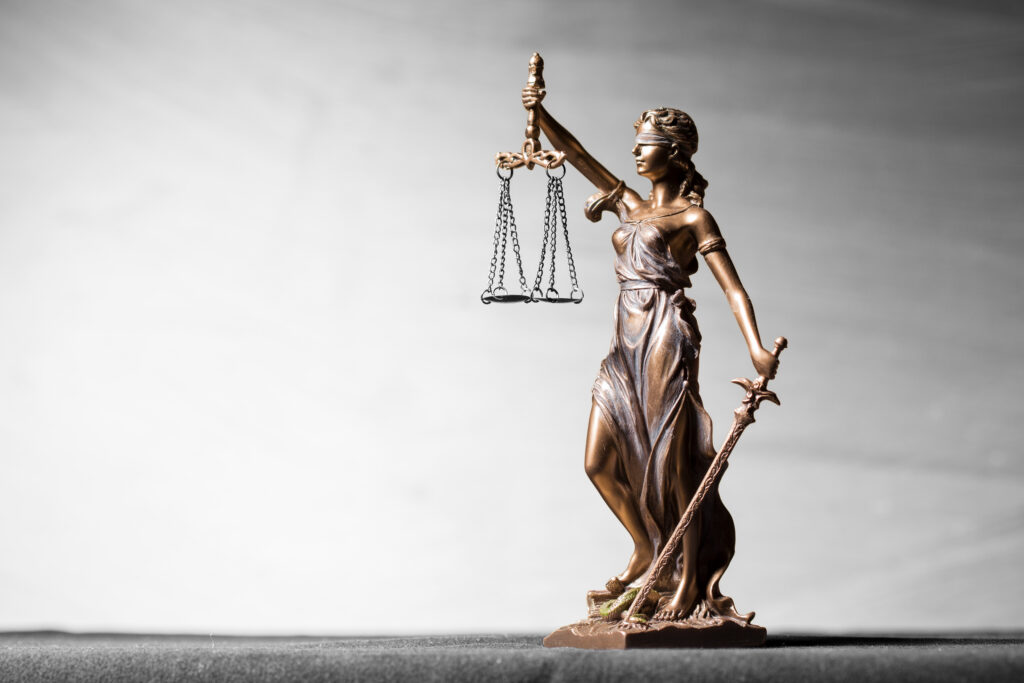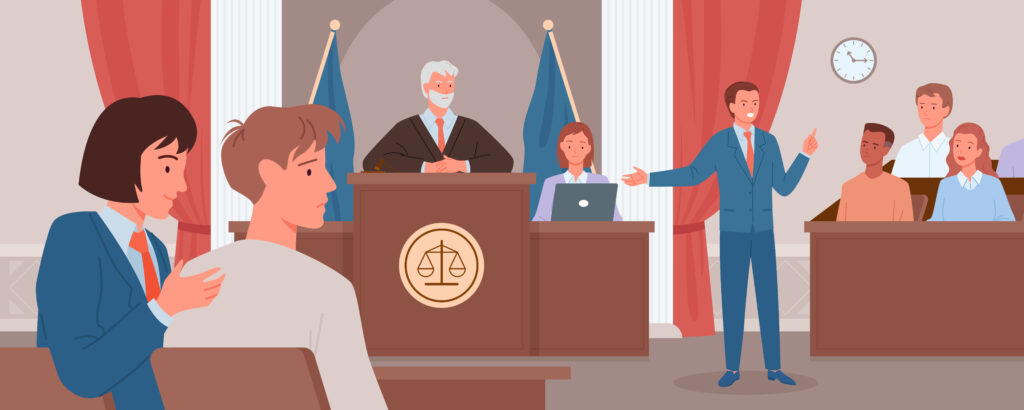The Internet has come a long way since its conception. Gone are the days when we were cautioned not to use our real names or post our personal information online. Thanks to social media, our lives are now laid bare for everyone to see. Twitter encourages us to tweet every thought that pops into our head while Facebook tracks our data to determine which advertisement to display. The right to privacy is changing and fading away. Even accounts and conversations set to "private" can still be discovered and utilized by outside forces.
For lawyers, navigating social media can be like navigating a minefield of ethical pitfalls. Even if you are not an active participant in the landscape yourself, it is important to stay abreast of these ever-changing issues. Do not fall victim to the many traps lying in wait to snare you. Follow these tips to keep out of hot water and grow your practice in an honest, professional way.

Honesty is the Best Policy. When posting on social media, you should never post misleading information or falsely advertise your services. This includes omission of facts. The North Carolina State Bar lists examples of misleading communications that have gotten lawyers in trouble such as fabricating years of experience or law office locations. Honesty is one of the most important qualities in a lawyer and should always be upheld.
Attorney-Client Confidentiality. This is key. A lawyer cannot reveal any information about a client, even anonymously, without consent. Posting about active or past litigation violates the sacred trust between attorney and client.
It would be wise to keep communications with your clients off of social media and stick to a more professional medium. But if you absolutely must, be sure that the network is secure. Look for the lock icon to the left of the URL address.

No Solicitation. Social media is a great way to expand your network, connect with other lawyers, and raise awareness of your practice. However, it should not be relied on to solicit clients for your own personal gain. Targeting specific individuals to offer them your services is frowned upon. It's the virtual form of knocking on their front door to speak with them in the middle of their day.
Instead, use social media as a general public forum. Highlight your firm's general provisions, your successes, what a great place your firm is to work, or how you give back to the community. Celebrate holidays and the people that are important to you. These are just a few ways you can host a successful and active social media profile for your brand.

Keep Personal Separate from Professional. You should have all of your personal social media profiles set to private and leave work at the office. Do not post legal advice or issues on your personal account because it could wind up misconstrued. After all, social media's reach extends far beyond the borders of our states and countries. You could wind up giving legal advice that applies to one area, but not another.
Even on your private, personal account, you should continue to act the role of a professional. Always keep in mind that anything you post is out there forever and can be seen by anyone. Even if you delete it, someone could have already taken a screenshot to immortalize it. Never post anything that could damage your reputation or estrange the people around you.
Stay Classy. Never use social media to disparage your opposing counsel, doubt the judges, or try to sway the opinion of a jury. It's not a good look. If negative emotions are hitting hard, stay far away from social media lest you publish something in the heat of the moment that you could regret later on. Always maintain a professional persona no matter what!

A violation of ethics could mean disciplinary action by your state bar. Don't let that happen to you. Be honest and professional in your role as a lawyer. Cultivate an awareness of social media ethics and stay on top of ever-changing issues. So long as you do your due diligence, you will be just fine.



